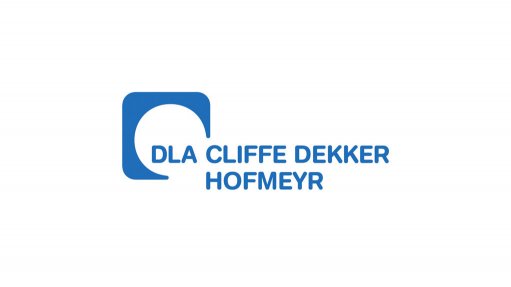
With effect from 1 January 2012, the South African Government introduced s6quin of the Income Tax Act,
No 58 of 1962 (Act) which provides for a rebate in respect of foreign taxes paid by a South African resident for services rendered within South Africa.
In terms of the various treaties for the avoidance of double taxation that South Africa has with other countries, the country that is the source of the income generally has the sole right to tax that income. In respect of services, the country in which the services are rendered is generally understood to be the source of the income in relation to such services.
However, in contravention of this principle, and for various reasons, some countries impose withholding or other taxes on services rendered by South African residents in South Africa (being the source of the income) to residents of that foreign country. The reasons include that:
- there is no treaty with that country;
- the country interprets the treaty in a different way; and
- the country simply disregards the treaty.
Since the income is from a South African source, it is also taxable in South Africa.
The aim of s6quin is essentially to prevent double taxation in these circumstances, by granting a rebate to the South African resident. South Africa therefore effectively gives up its taxing rights.
However, s6quin(3A) states that no rebate may be deducted if the South African resident does not, within 60 days from the date on which the amount of tax is withheld, submit to the Commissioner for the South African Revenue Service (SARS) a return proving the amount of tax levied and withheld by the other country as contemplated in s6quin(1)(a).
In his 2015 Budget Review, the Minister of Finance, Nhlanhla Nene, proposed that s6quin be removed from the Act. The reasons stated for this possible removal are that:
- the taxes imposed in circumstances to which s6quin apply were not in accordance with the treaties entered into between South Africa and the relevant countries;
- s6quin has resulted in a significant compliance burden to both taxpayers and SARS; and
- some taxpayers were exploiting the relief.
The announcement of the possible removal of s6quin has been met with criticism as taxpayers may in certain circumstances be burdened with negotiating with foreign governments to alleviate the double taxation to which s6quin would have applied, unless the taxpayers are able to obtain a deduction in terms of s6quat(1C) and s(1D) in such circumstances.
Written by Mareli Treurnicht and Heinrich Louw, Senior Associates in the Tax practice at Cliffe Dekker Hofmeyr